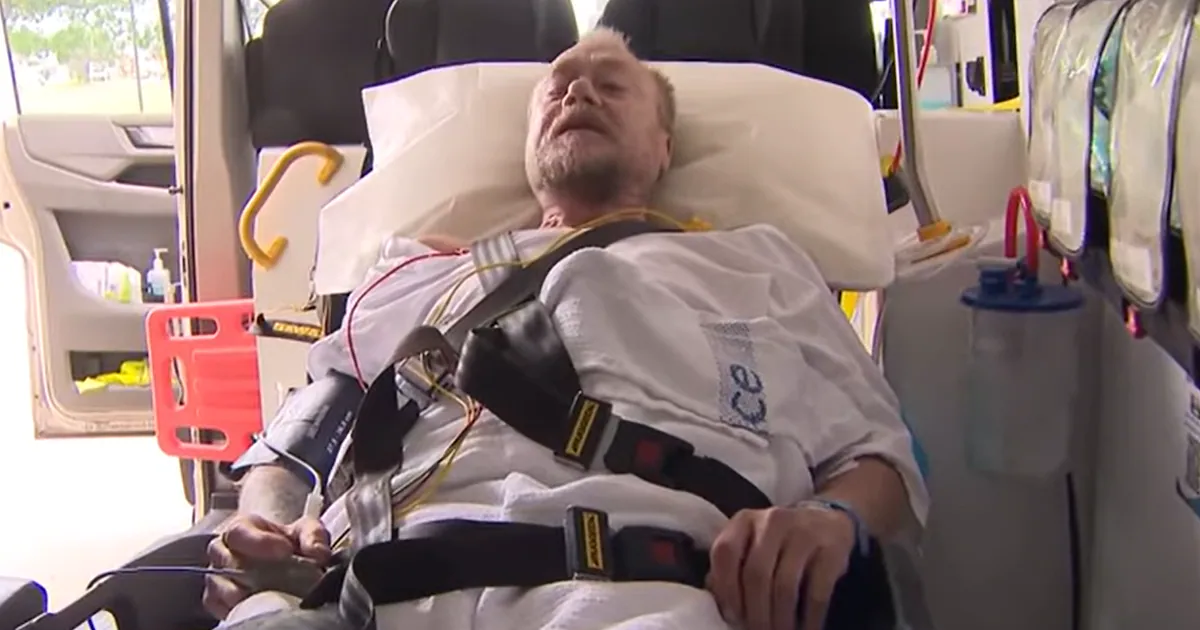Copyright timesnownews

According to latest reports, the scientists at the University of Massachusetts Amherst have developed an experimental “super vaccine” for cancer that is said to have delivered outstanding results in mice and has raised the hope for a whole new approach to prevention and treatment of cancer in individuals. Unlike traditional therapies that react after cancers have formed, this vaccine uses lipid nanoparticles to deliver tumour-specific antigens and potent “super-adjuvants” into the body. These adjuvants simultaneously activate multiple immune-pathways, specifically the STING and Toll-like receptor 4 routes, to generate a strong, long‐lasting immune response. In preclinical trials, the vaccine was tested in aggressive cancer models including melanoma, pancreatic cancer and triple-negative breast cancer. The results were striking: around 88% of pancreatic-cancer-model mice treated with the vaccine remained tumour-free; the figure was about 75% in the breast-cancer model, and 69% in the melanoma model, compared to unvaccinated controls. Further, treated animals showed immune-memory throughout the body, enabling immune cells to patrol and identify emerging cancer cells long before they form tumours. Why is this important? This platform has the potential to shift the paradigm from treating cancer once it appears, to training the immune system so that it intercepts cancer at its earliest murmur. Because the liposome-based system triggers broad immune pathways and uses tumour-lysate (a mix of many tumour proteins) rather than one single antigen, it can address a wide range of cancers rather than just one specific type. The researchers say the technology holds promise not only for people at high risk of cancer, but potentially for the wider population as a preventive tool, akin to how vaccines protect against infectious disease. They emphasise, however, that while results in mice are outstanding, much work lies ahead before human use. The team is optimising the formulation and moving toward clinical trials in humans. A vaccine that educates the immune system to detect and destroy early-stage cancer cells is no longer a distant dream. For now it remains in the animal research phase, but the implications, if replicated in humans, could be profound. The next few years will be critical to see whether this “super-vaccine” can live up to its promise in people.



